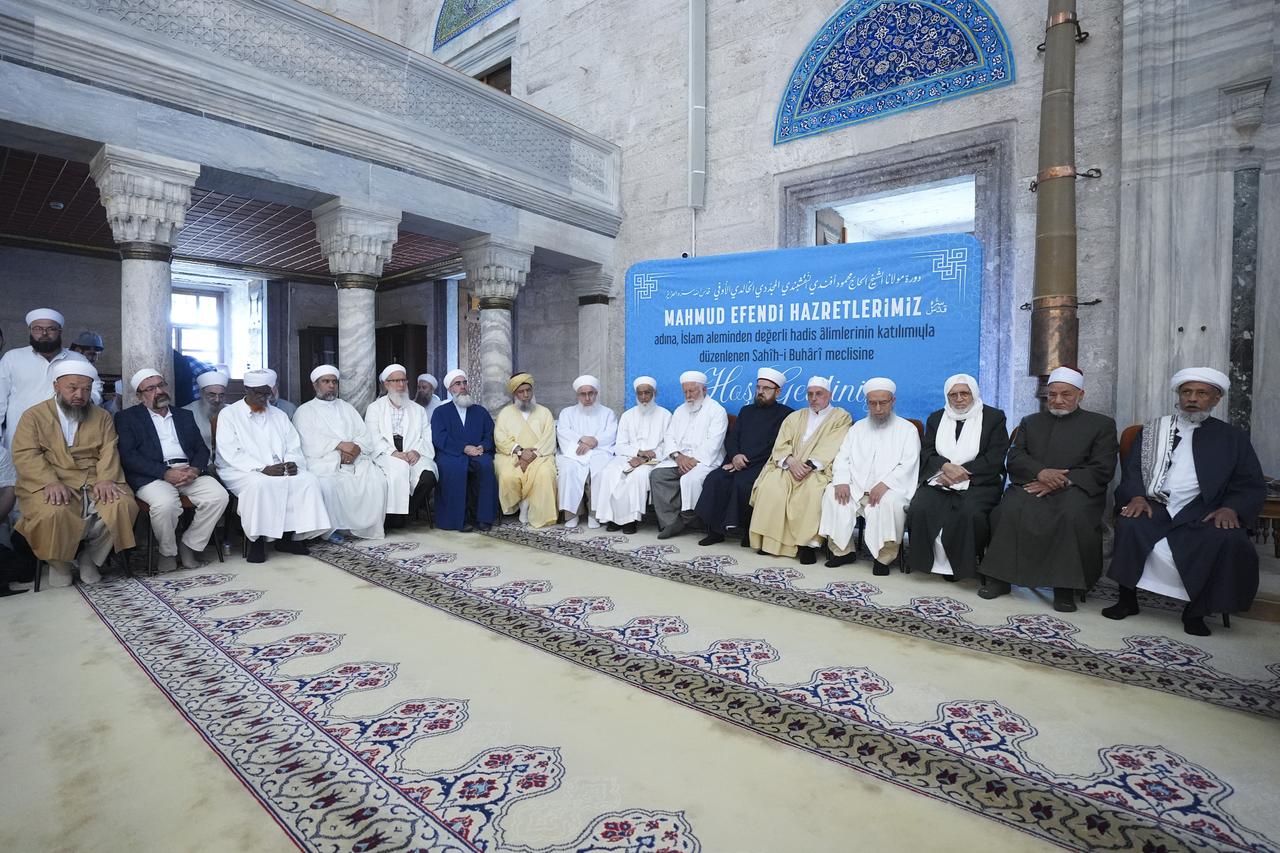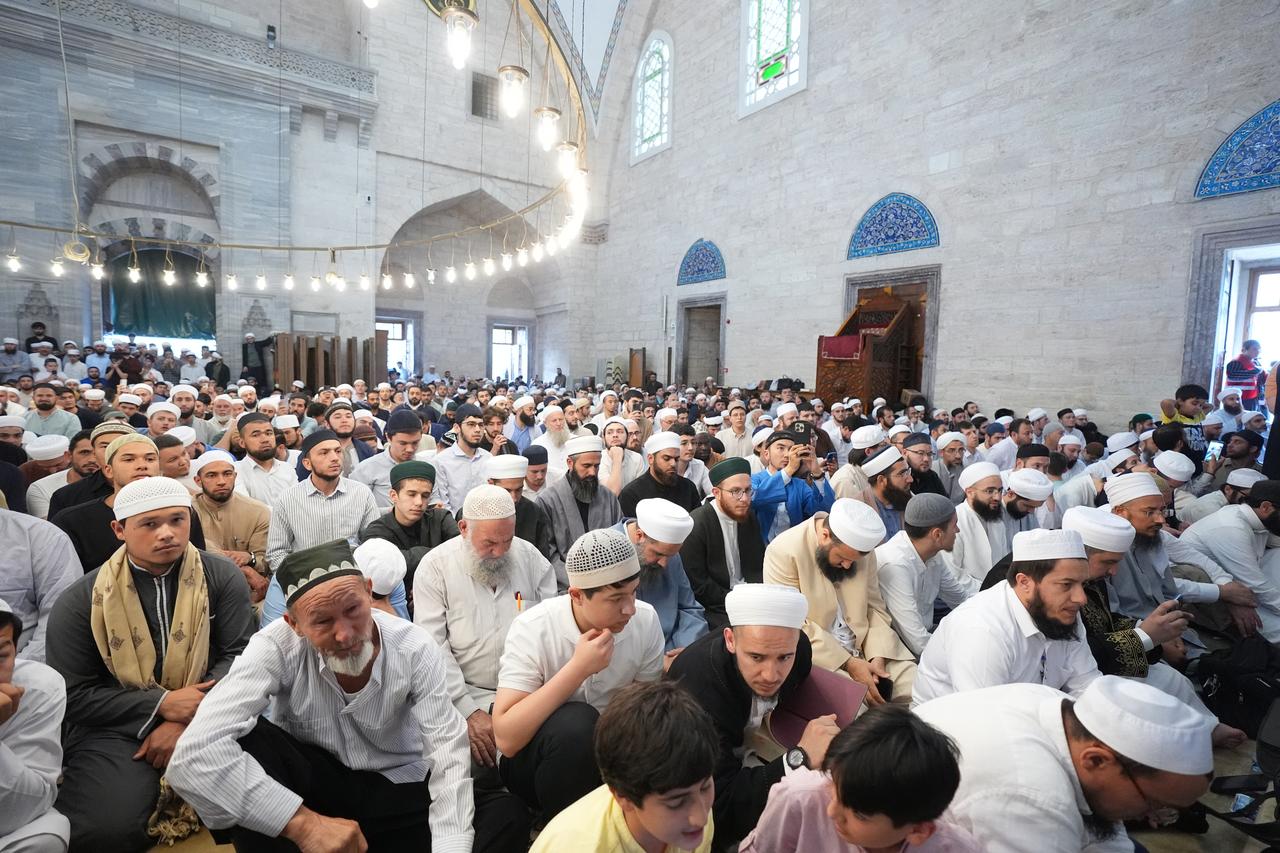
Around 1,500 participants from Türkiye and abroad have completed a 13-day educational program in Istanbul dedicated to the study of Sahih al-Bukhari, a central compilation of the sayings and practices of the Prophet Muhammad (pbuh), collectively known as the Sunnah. The event concluded on Monday with a certification ceremony recognizing participants’ completion of the intensive curriculum.
Organized by the Ismailaga Foundation, the program brought together a wide array of religious scholars and academics, who offered insights into the historical and spiritual significance of hadith scholarship. Lectures focused not only on the preservation and transmission of Sahih al-Bukhari, which is widely regarded as the most authentic book of hadith after the Quran, but also on the importance of applying its teachings in daily life.
Scholars emphasized that the study of hadiths—documented sayings, actions, and approvals of the Prophet Muhammad—is not just about reading texts, but about living them. This emphasis on practice was echoed throughout the program, highlighting the work’s enduring role in shaping Islamic thought and behavior.
The event drew significant international participation. Among the prominent figures attending were Syrian Grand Mufti Sheikh Osama al-Rifai, Muhammad Tahir Nur Wali from Saudi Arabia, Yahya al-Ghawsani and Ayman Shabani of Syria’s Islamic Institute of Al-Fath, Somali scholar Mahmoud Abdulbari, and Muhammad Emin Kilic, head of the Haseki Center for Advanced Religious Studies under Türkiye’s Presidency of Religious Affairs (Diyanet).

The program concluded with a ceremonial reading of the final page of Sahih al-Bukhari by renowned Syrian scholar Muhammad Mujir al-Khatib. Following this, participants received their certificates, formally marking the end of the training.
The certification committee featured leading hadith scholars from across the Muslim world, including Latifurrahman al-Bahraichi from India, Muhammad Idris al-Sindi from Pakistan, Muhammad Naim Araksusi from Syria, Dursun Ali Yilmaz from Türkiye, Muhammad al-Amin Bouselce from Algeria, and Jasim Muhammad Aziz Kirkuki from Iraq.
During the closing remarks, the secretary general of the International Union of Muslim Scholars expressed appreciation to the Ismailaga Foundation for organizing the initiative and offered a heartfelt prayer for Gaza, saying, “O Allah, support them with Your help and grant them triumph.”
Syria’s Minister of Religious Endowments (Awqaf) Muhammad Abu al-Khayr Shukri called on younger generations to go beyond reading and strive to memorize and deeply understand the hadiths.
Sahih al-Bukhari was compiled by Muhammad ibn Ismail al-Bukhari, a leading Islamic scholar who died in 870 A.D. Known for his rigorous criteria in authenticating transmission chains, al-Bukhari established his collection as a cornerstone of Islamic religious scholarship.
His work is celebrated for its precision, depth, and spiritual relevance, and continues to serve as a key resource for religious study across the Muslim world.